Best practices and innovations
The Astana Civil Service Hub, following its mission and aiming to support the governments of the participating countries and contribute to a regional and global partnership, has launched the platform Virtual Alliance of practitioners to exchange knowledge, best practices and apply innovative solutions to respond to COVID-19.
Considering the global impact of the pandemic on the public, economic and other sectors, as well as emerging new challenges, technologies and reforms, the virtual platform expands the scale of activities, aiming to present current best practices & innovations in various fields of participating countries, institutional partners, experts, and practitioners.
All collected materials serve as a catalyst for learning lessons, finding “best fit” solutions, creating unique solutions and capacity building.
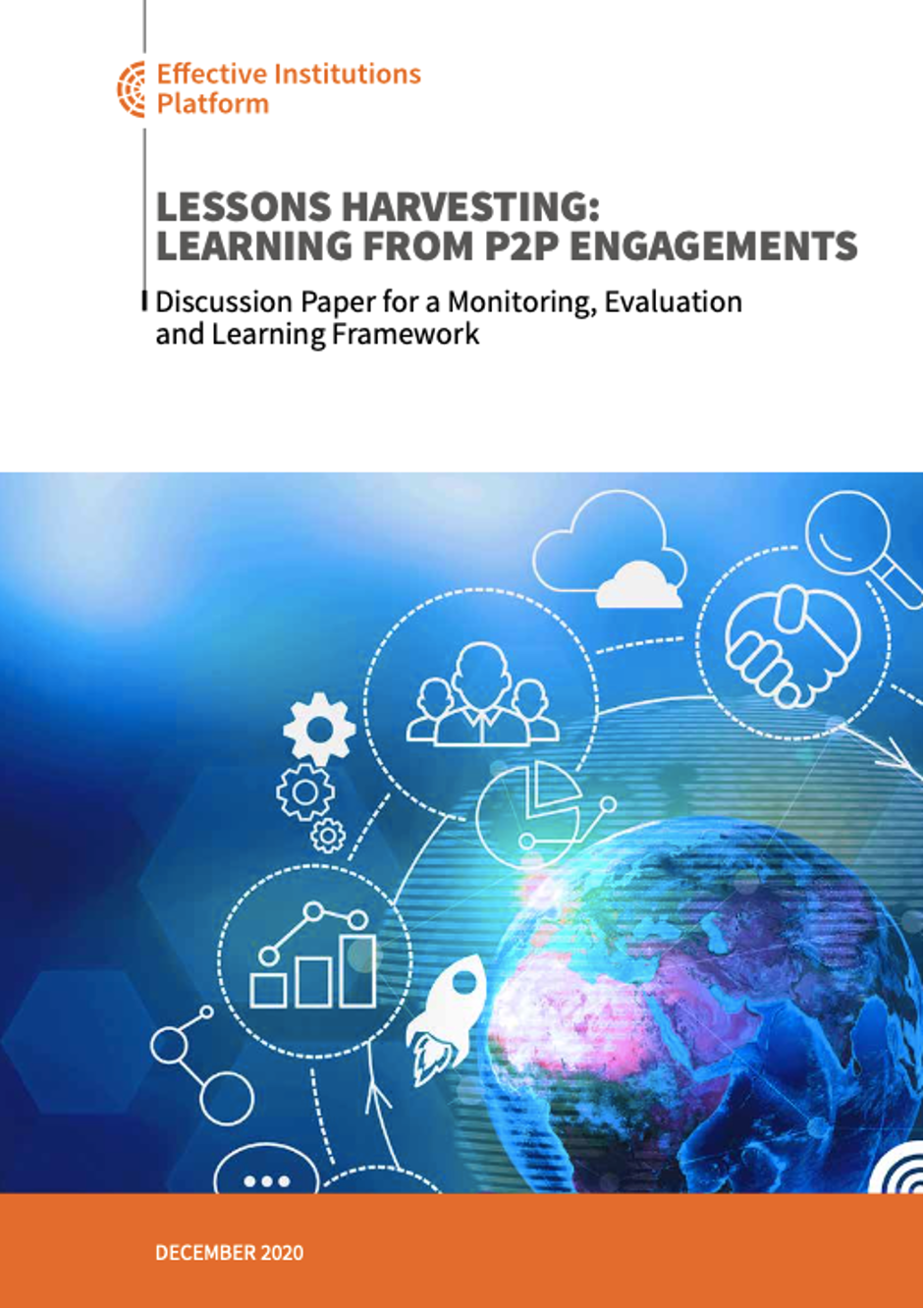
The Report “Lessons Harvesting: Learning from P2P Engagements”
Brief description
The Report provides an overview of Peer-to-Peer (P2P) learning best practices, ideas and lessons learnt, provided by the EIP Advisory Group members, namely by the Astana Civil Service Hub (ACSH); the Collaborative Africa Budget Reform Initiative (CABRI), South Africa; Local Governance Initiative and Network (LOGIN), India; the Centre for Economic Governance (CEG), Kenya; and Government Partnerships International (GPI), based in the United Kingdom. The “Lessons Harvesting” report will serve as a basis for identifying effective P2P learning approaches as well as for monitoring and evaluating learning in order to make changes in institutional learning and at scale.
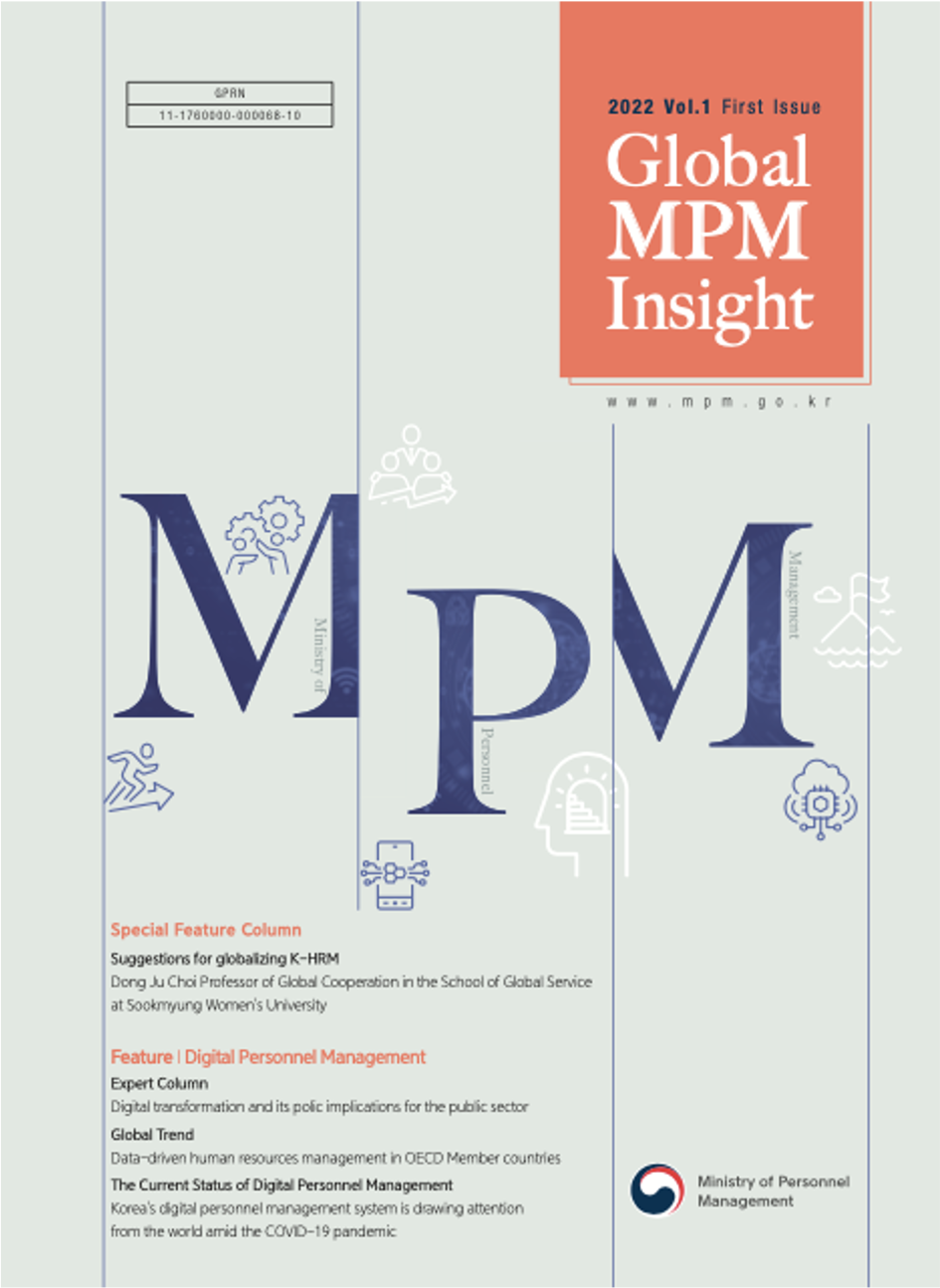
Global MPM Insight
Republic of Korea
Brief description
The Ministry of Personnel Management publishes ‘Global MPM Insight’ to establish a clean and transparent government by sharing the Ministry’s plans and achievements in international cooperation and receiving diverse opinions from governments, international organizations, and experts around the world
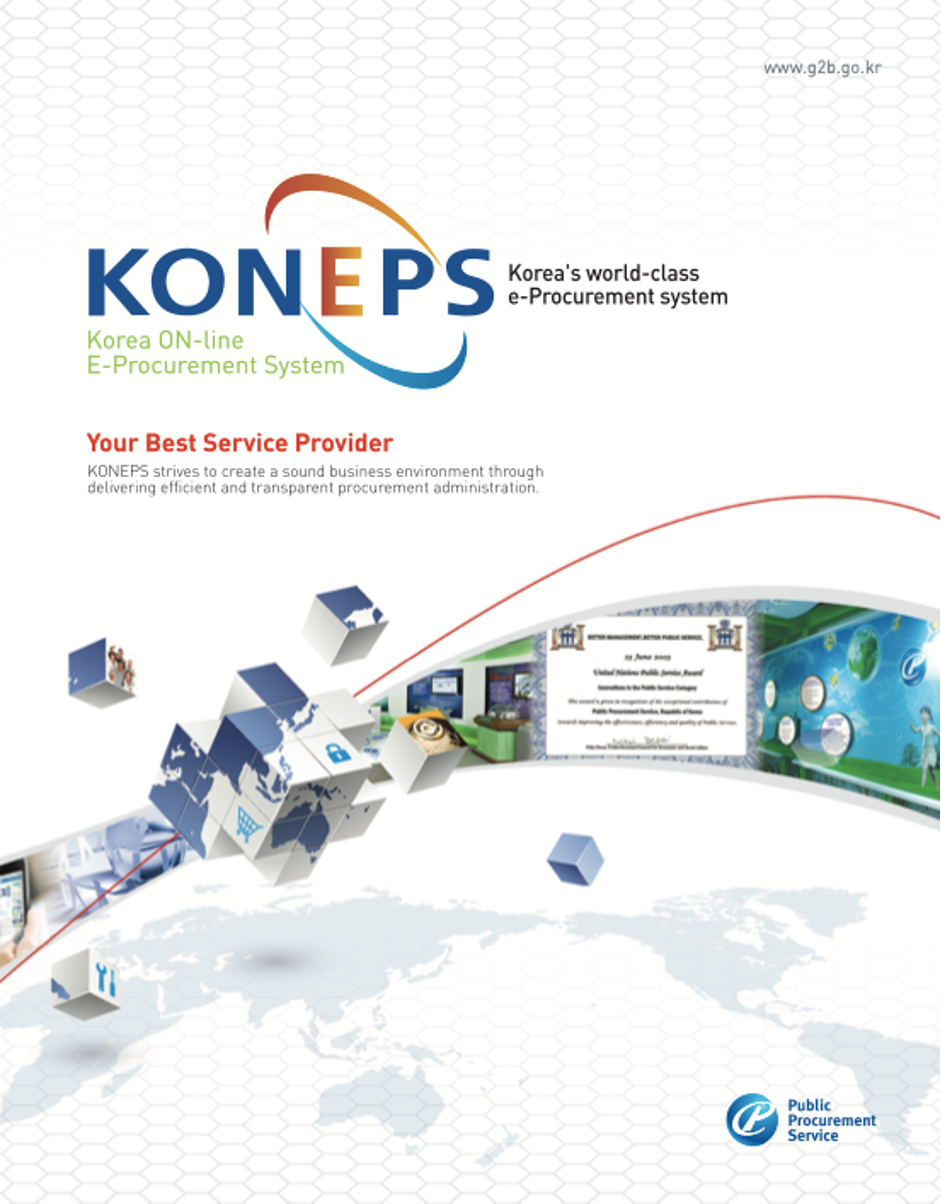
Integrated e-procurement system KONEPS in Korea
Republic of Korea
e-Government development
Brief description
A fully integrated, end-to-end e- procurement system called KONEPS. This system covers the entire procurement cycle electronically (including a one-time registration, tendering, contracts, inspection and payment) and related documents are exchanged online. KONEPS links with about 140 external systems to share and retrieve any necessary information, and provide a one-stop service, including automatic collection of bidder's qualification data, delivery report, e-invoicing and e-payment. Furthermore, it provides related information on a real-time basis. All public organisations are mandated to publish tenders through KONEPS.
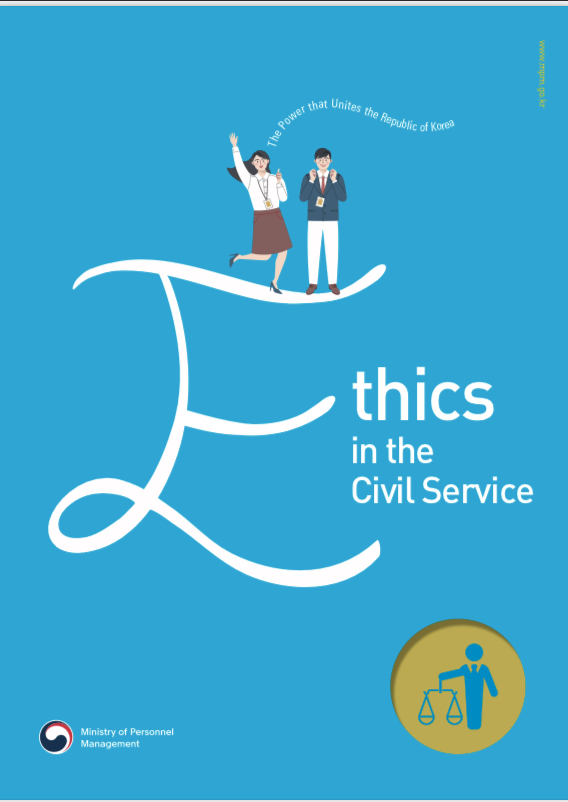
The Power that Unites the Republic of Korea: Ethics in the Civil Service
Republic of Korea
Civil service reforms
Brief description
Ministry of Personnel Management's handbook about building a trusted and clean government based on transparent civil service ethics

The power that unites the Republic of Korea: The Senior Civil Service
Republic of Korea
Brief description
Ministry of Personnel Management's handbook on the senior civil service of Korea, providing a history of development, key features, major achievements
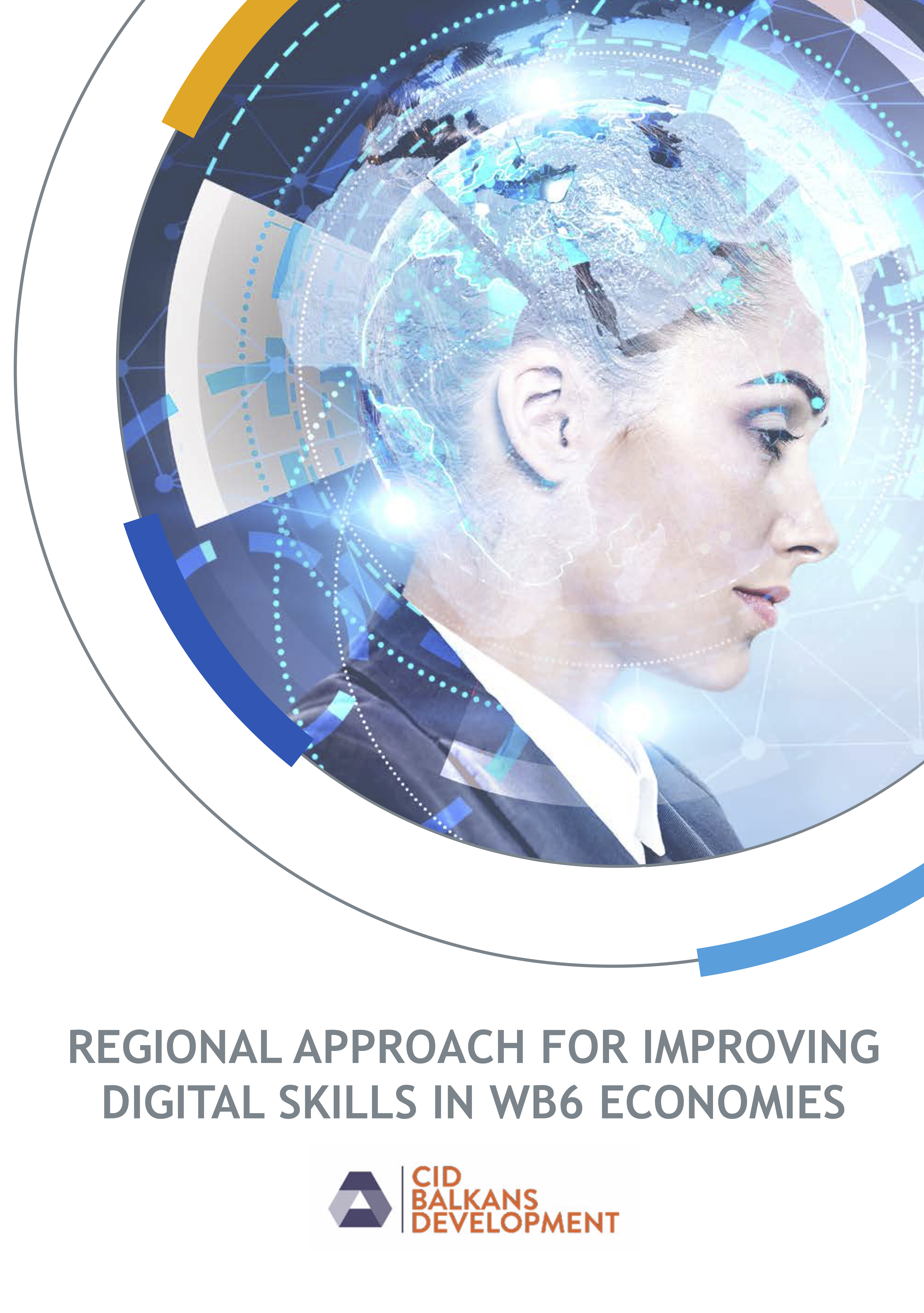
Report "Regional Approach for Improving Digital Skills in WB6 Economies"
Albania, North Macedonia, Bosnia and Herzegovina, Kosovo, Montenegro, Serbia
Digitalization
Brief description
This report is the result of collaboration between the NGO Center for Information and Development and the Regional Cooperation Council. The report provides an analysis of digital skills in the six Western Balkan economies and addresses the findings for three target groups: (i) citizens; (ii) labor force; (iii) ICT professionals. The recommendation for further development of digital skills at the regional level are formulated and is important to mention that the topic of digital skills in the pre-university education system deserves a specific focus and it is out of the scope of this report.



